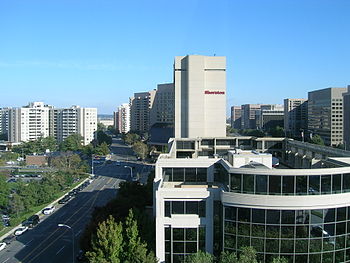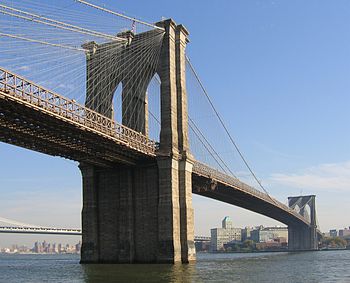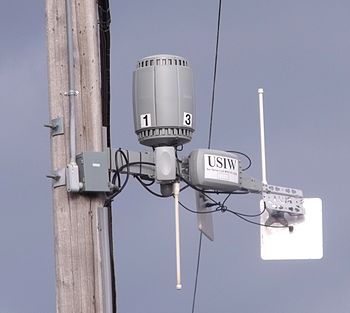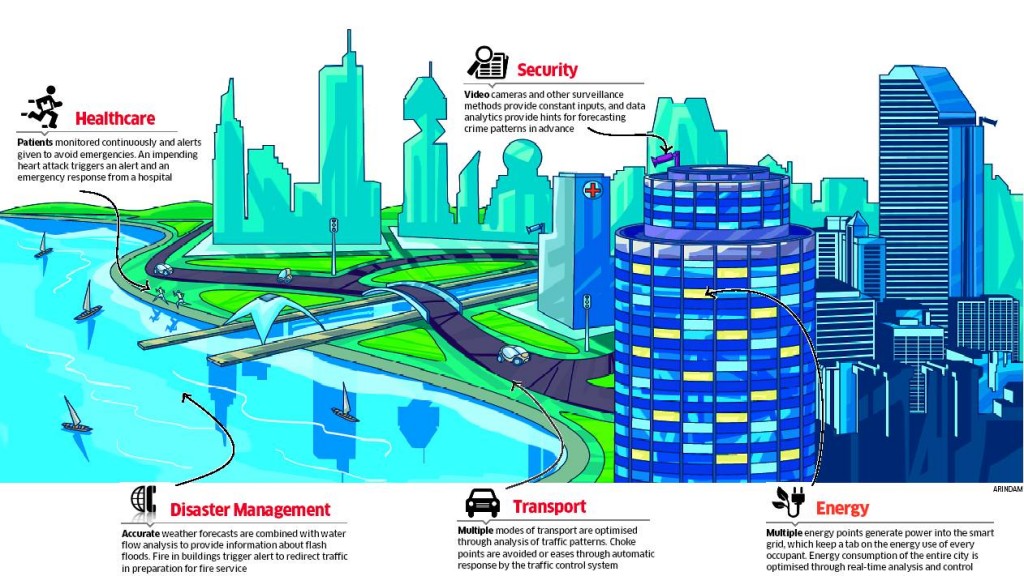BOSTON, MA — Business fiber penetration of commercial buildings in the U.S. increased to 42.5 percent in 2014, according to latest research from Vertical Systems Group. This compares to a penetration rate of only 10.9 percent in 2004. These statistics measure fiber availability at company-owned and multi-tenant buildings with twenty or more employees, which covers more than two million individual business establishments.
“Accessibility to fiber-based business services in the U.S. nearly quadrupled between 2004 and 2014, with hundreds of thousands of sites newly fiber-connected during this time period. As a result of this growth, our fiber penetration benchmark now exceeds 40 percent for the first time,” said Rosemary Cochran, principal at Vertical Systems Group. “Looking forward, the high stakes endgame for network operators is to deepen and broaden their service infrastructures around fiber – the future of wireline.” Continue reading









